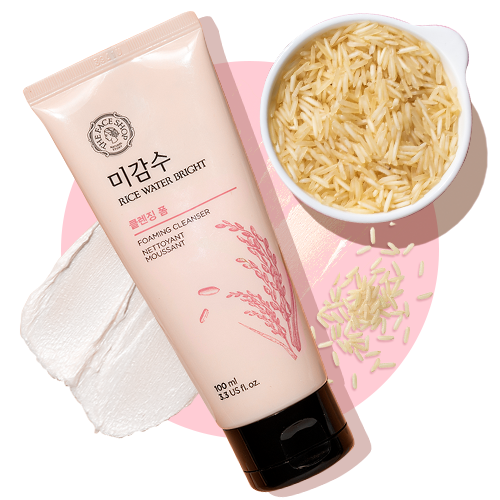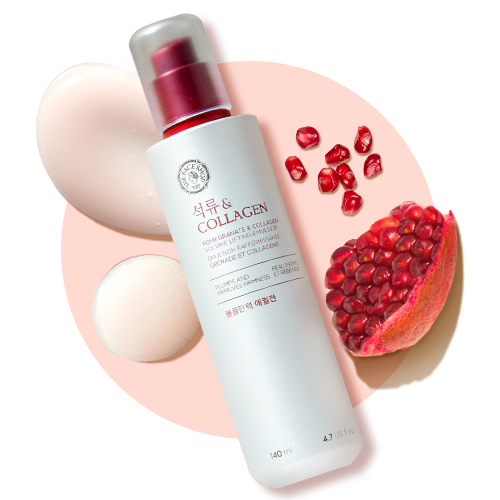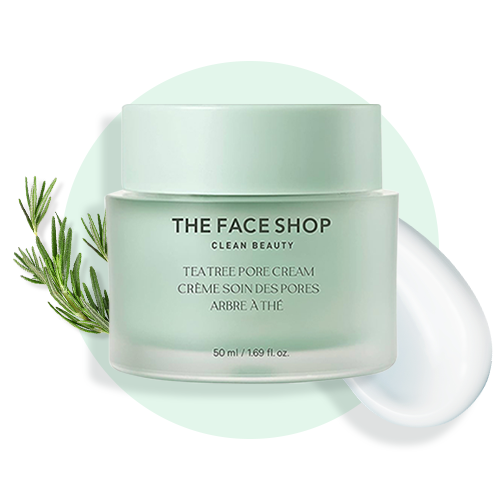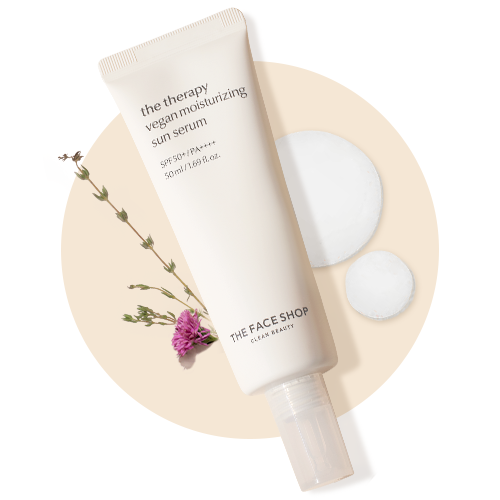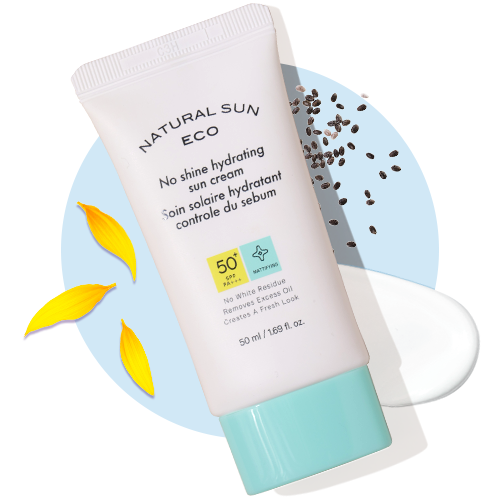In 2025, the skincare world is undergoing a major transformation driven by the power of microbiome science. Sensitive skin sufferers rejoice as prebiotics and postbiotics become the hero ingredients for healing and strengthening the skin barrier. Let's delve into this revolution and how face care products like those from The Face Shop are leading the charge.
Understanding the Skin Microbiome and Its Importance for Sensitive Skin
The skin microbiome refers to the ecosystem of microorganisms living on your skin. It's crucial for maintaining skin health, playing a pivotal role in protecting against pathogens, modulation of the immune response, and barrier integrity. For individuals with sensitive skin, maintaining a balanced microbiome is key to reducing irritation, dryness, and outbreaks.
People Also Ask: What makes the skin microbiome so important? Your skin hosts over 1,000 species of bacteria, fungi, and viruses that work together to maintain your skin's pH balance, produce antimicrobial peptides, and strengthen your natural barrier. When this ecosystem is disrupted, sensitive skin becomes even more reactive and prone to inflammation.
The Science of Prebiotics vs. Postbiotics in Skincare
Prebiotics are non-digestible food components that promote the growth of beneficial bacteria. When applied topically, they help nourish and maintain a healthy skin microbiome. Postbiotics, on the other hand, are by-products of probiotics' fermentation processes and offer anti-inflammatory and skin-health promoting benefits. Utilizing both in skincare can enhance barrier repair and soothe sensitive skin.
2025 Research Breakthrough: Recent studies show that postbiotics like lactobacillus ferment can reduce skin sensitivity by up to 40% within 4 weeks of consistent use, making them more effective than traditional soothing ingredients for reactive skin types.
Microbiome Imbalance and Sensitivity: What You Need to Know
A disrupted skin microbiome can lead to increased sensitivity, as the protective barrier weakens, allowing irritants to penetrate easily. This imbalance can manifest as redness, irritation, and a reactive skin condition. Maintaining microbiome health is essential for preventing and managing these symptoms.
The Sensitivity Cycle: When harmful bacteria overgrow, they produce inflammatory compounds that trigger your skin's immune response. This creates a cycle where sensitivity leads to more disruption, which leads to more sensitivity. Breaking this cycle requires microbiome-supporting ingredients.
Practical Application: Product Recommendations and Trends
The Face Shop's Rice & Ceramide line offers gentle yet effective products enriched with ceramides and rice extracts to support skin barrier integrity and moisturization without disrupting microbiome balance. Their gentle cleansing options are ideal for those with sensitive skin, as they cleanse without stripping natural oils.
Microbiome-Friendly Routine for Sensitive Skin:
- Gentle Cleansing: Use pH-balanced cleansers that preserve your skin's natural acid mantle
- Prebiotic Toning: Apply toners with prebiotic ingredients to feed beneficial bacteria
- Barrier Support: Layer ceramide-rich moisturizers to strengthen your skin's protective barrier
- Postbiotic Treatment: Incorporate fermented ingredients for anti-inflammatory benefits
In 2025, we see an increasing trend towards more natural and microbiome-friendly formulations. Brands are focusing on minimalistic ingredient lists to cater to the growing demand for clean beauty that honors the skin's natural processes.
The Future of Skincare: 2025 Insights and Research Trends
Recent research underscores the importance of microbiome diversity in maintaining skin health. 2025 heralds new discoveries where the application of specific postbiotic compounds can not only repair damaged skin but also enhance its resilience against environmental stressors. Companies are investing in innovative delivery systems to maximize the efficacy of these bioactive ingredients.
Emerging Trends in 2025:
- Personalized Microbiome Analysis: Skincare routines tailored to individual microbiome profiles
- Fermented K-Beauty: Korean brands leading innovation in postbiotic skincare
- Microbiome-Safe Formulations: Products tested to ensure they don't disrupt beneficial bacteria
- Symbiotic Skincare: Combining prebiotics, probiotics, and postbiotics in single formulations
As the industry continues to evolve, skincare routines are becoming more personalized, leveraging dermatological data to deliver products that cater specifically to individual microbiome profiles.
Actionable Conclusion: Embrace the Microbiome Revolution
As the microbiome skincare revolution progresses, incorporating prebiotic and postbiotic products can rejuvenate and protect your sensitive skin. Consider The Face Shop's offerings to nurture your skin's natural ecosystem and experience transformative care. Start with gentle, microbiome-friendly cleansers and gradually introduce fermented ingredients to support your skin's natural healing process. Stay informed on the latest in skincare science to ensure your routine supports your skin's unique needs.
Frequently Asked Questions
What is the skin microbiome?
The skin microbiome is the collection of microorganisms living on your skin, crucial for maintaining health, protection, and barrier function.
Why are prebiotics important in skincare?
Prebiotics promote the growth of beneficial bacteria, enhancing microbiome health and strengthening the skin barrier naturally.
How do postbiotics benefit sensitive skin?
Postbiotics offer anti-inflammatory properties that help soothe irritation, reduce redness, and repair damaged skin barriers.
Which products support microbiome health?
Products like The Face Shop's Rice & Ceramide line are formulated to support skin barrier integrity without disrupting beneficial bacteria.
What trends are emerging in 2025 regarding microbiome skincare?
Personalization through microbiome analysis and clean, fermented ingredient formulations are leading the way, promising tailored efficacy for individual skin needs.
